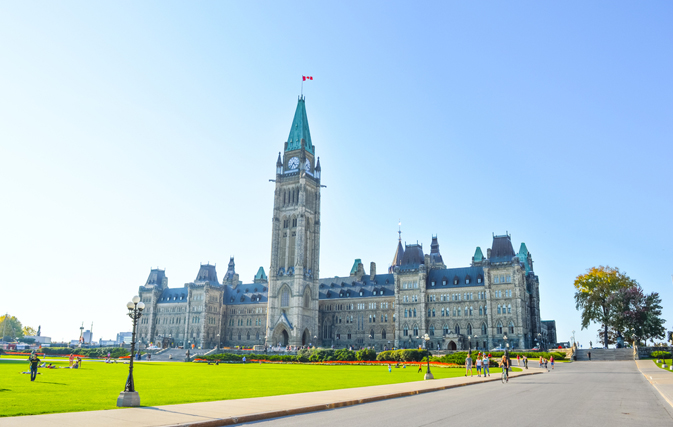OTTAWA — The federal government will unveil its 2022 budget next week under the weight of expectations to deliver unfulfilled election promises, a slew of new social programs as part of a political pact and an international commitment to boost Canada’s military spending.
Finance Minister Chrystia Freeland said Tuesday she will deliver this year’s spending plan on April 7. Freeland has said the document would be focused on spurring economic growth.
The budget will be the first since September’s federal election that saw the Liberals returned with their second minority mandate.
“Our government was re-elected on a commitment to grow our economy, make life more affordable and to continue building a Canada where nobody gets left behind,” Freeland told the House of Commons on Tuesday.
“That is exactly what we are doing, and that is what we’re going to continue to do in the budget.”
Freeland’s fall economic update in December projected the government’s bottom line would show a deficit of $58.4 billion for the fiscal year that starts in April following two years of even deeper deficits.
That figure didn’t include any new spending promises, including a long list of campaign pledges aimed at making housing more affordable.
Outstanding election promises amount to about $80 billion in new spending, offset by $25 billion in projected new revenues, over the next five years, which an analysis Tuesday from Desjardins estimated would increase the federal deficit by an average of $13 billion annually through to 2026.
This month the government made a new set of promises, including pharmacare and dental-care initiatives, as part of an agreement to earn the backing of the New Democrats in key parliamentary votes.
Rebekah Young, Scotiabank’s director of fiscal and provincial economics, estimates the deal could add as much as $20 billion in spending over the three-year life of the pact.
If political circumstances have changed the fate of federal finances, so too has the crisis in Ukraine.
Last week, Prime Minister Justin Trudeau left a meeting of NATO allies promising to increase Canada’s military spending to meet the alliance’s target of setting defence budgets at two per cent of domestic economies.
Randall Bartlett, Desjardins’ senior director of Canadian economics, estimates that meeting the NATO target would add almost $20 billion annually to the deficit.
The Liberals may have extra room to absorb some of the new programs.
Pandemic aid is expected to fall off federal books with support programs scheduled to expire this spring. Program spending is projected to drop 13% over the next 12 months, and revenues are expected to rise from a promised tax on excess profits from big banks, wrote CIBC chief economist Avery Shenfeld.

